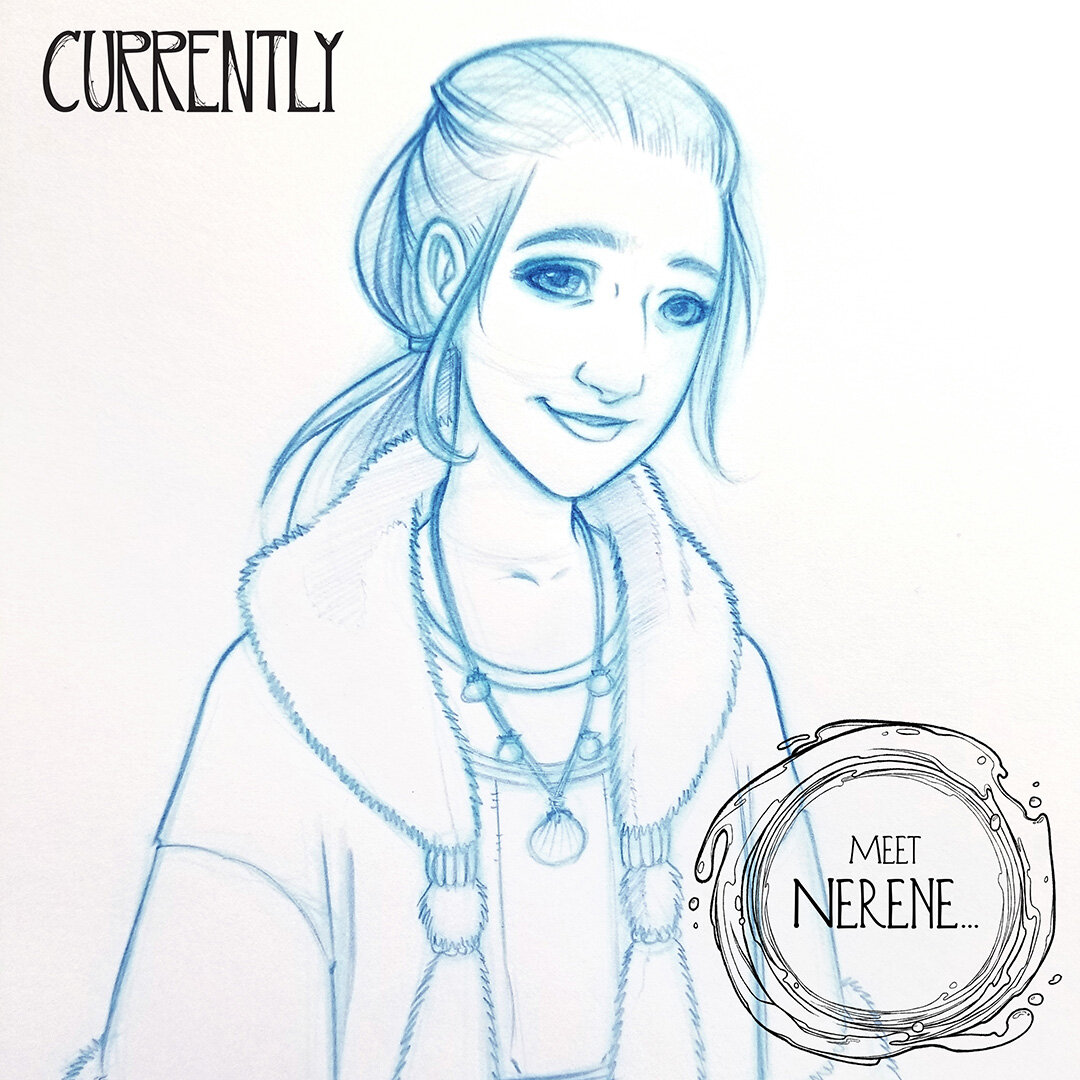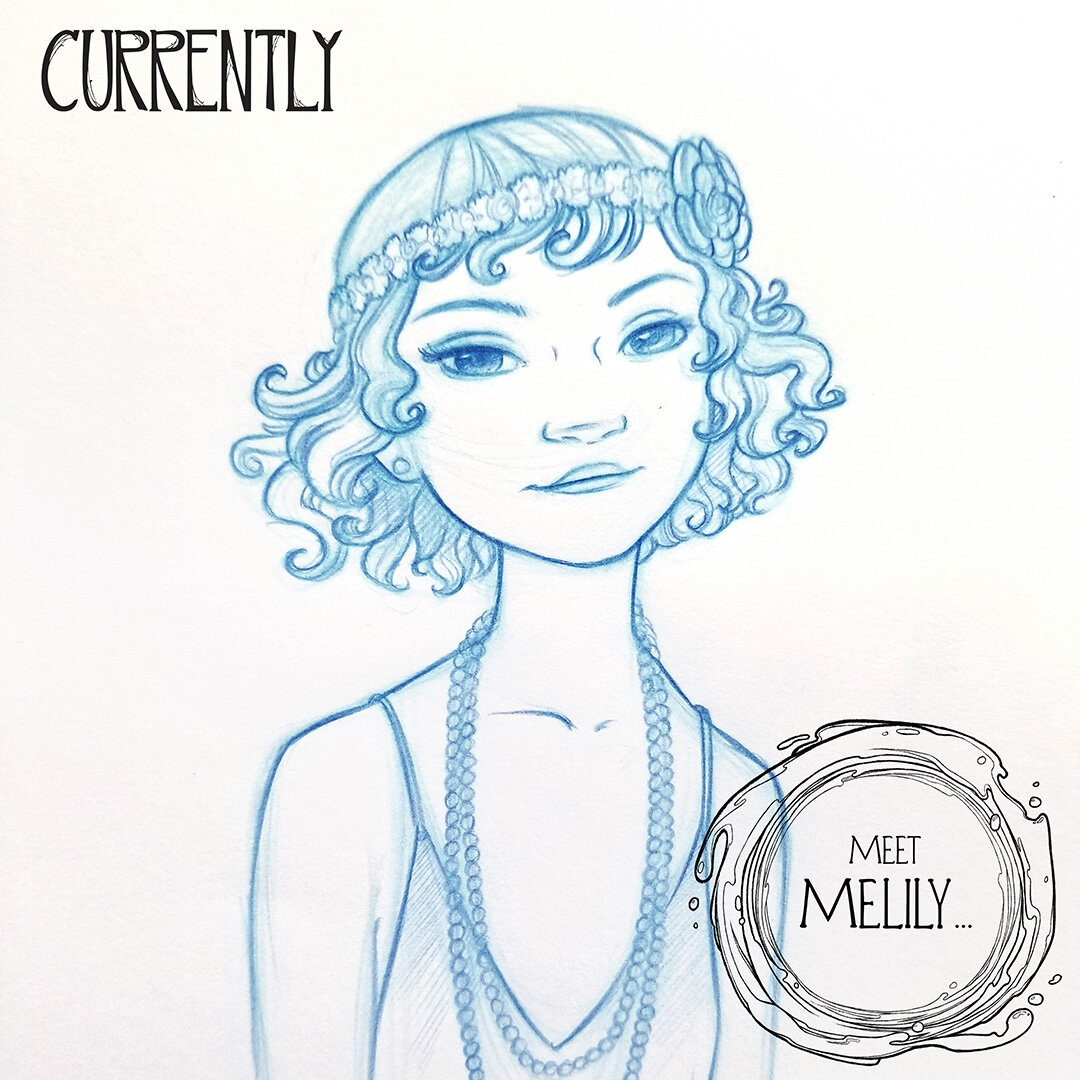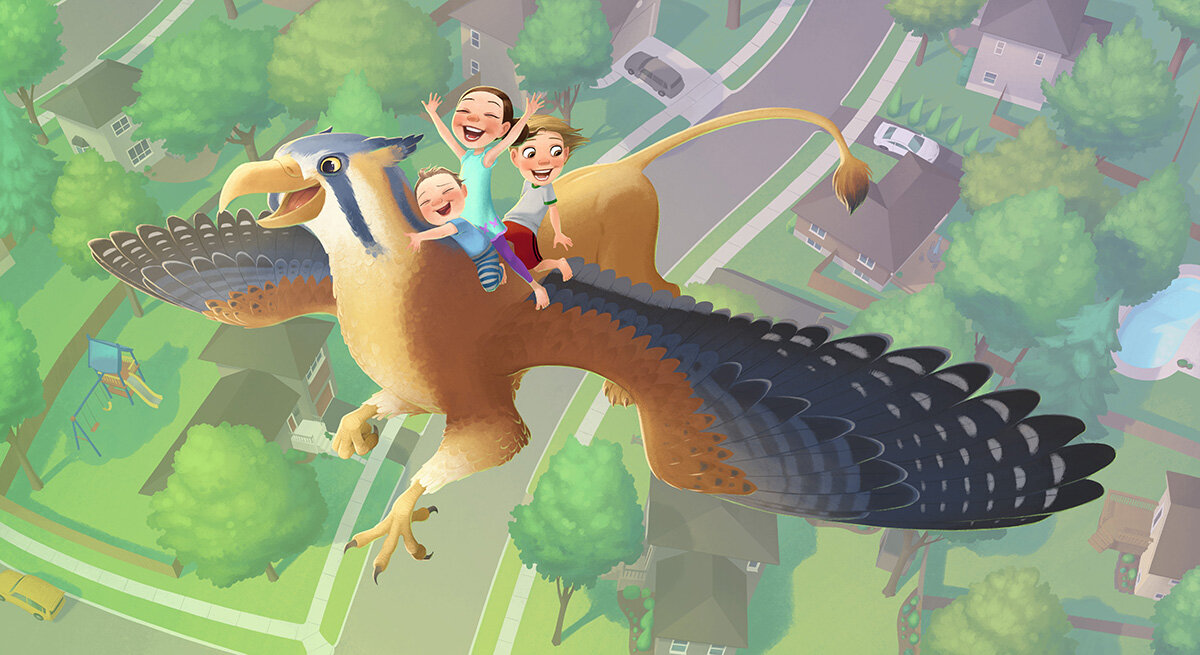My next interview is with Science Fiction and Horror Writer John Coon!
Tell us about yourself! What would you like readers to know about you?
John Coon: Writing is in my DNA. I work as a sports reporter when I am not writing novels. I currently write for the Associated Press and Athlon Sports and have worked in the media for more than 15 years. I published my first novel, Pandora Reborn, in 2018. My second novel, Under a Fallen Sun, was released in 2019. Alien People, my third novel, comes out in mid-August of 2020.
What are some tropes of fiction in your genre that you love/hate? Why?
John Coon: I write in both science fiction and horror and I make an effort to take tropes and travel in unexpected directions with them. In Pandora Reborn, for example, many of my characters play with teen slasher archetypes. I have them subvert many tropes in the story. The protagonists refuse to split up when they fight an ancient witch in a decrepit house in the climax. They mock the idea of splitting up and going off in different directions – a common one in horror – as a virtual death sentence. Alien People plays on the trope of alien invasion. Aliens coming to Earth are usually portrayed as sinister. I took the opposite approach and explore what happens if the humans on Earth are actually on the villainous side of things.
Alexis: Interesting! I’ve always hated the “evil aliens” trope. I find it sort of xenophobic. Whatever aliens are out there, I imagine that they’ll have good and bad about them, as well as their own interests.
Who is your favorite character in your book? What do you like about them?
John Coon: I have a soft spot in my heart for Calandra and Xttra, the protagonists in my upcoming sci-fi novel Alien People. I love Calandra's hopeful optimism. She always finds a way to overcome any obstacle while retaining a joyful energy that defines her. I also love Xttra's confidence and loyalty. He remains cool under pressure and he is definitely someone who, once in your corner, will weather the storm with you. These are qualities I aspire to create within myself.
Alexis: I think optimism and hope are underestimated these days. It’s good to have characters who aren’t grimdark or mopey all the time.
What do you like to do other than read or write? Do you have any interesting hobbies?
John Coon: I enjoy being outdoors. I love to go hiking and explore remote trails. I always bring along a camera so I can capture images of wildlife I encounter or cool landscapes. I also enjoy watching sports. That makes tons of sense with my day job being a sports reporter. Football and basketball are my favorites.
Tell us about a mystery/urban legend from your hometown (or another place you’ve lived).
John Coon: When I wrote Pandora Reborn, my debut novel, one source of inspiration for the original idea was folklore involving a lost gold mine in my hometown of Kamas. Thomas Rhoads, one of the original settlers of that region, was shown the location of a sacred gold mine by a Ute Native American tribe in the area. Rhoads was allowed to take gold for the purpose of financing the construction of the Salt Lake Temple on the condition he revealed the location to no one else. When Rhoads died, knowledge of the mine's whereabouts died with him. Many people have searched the Uinta Mountains for many years, trying to locate the mine. Some have died in the attempt, leading to legends that the mine is cursed. While pondering what could cause a mine to be cursed, the image of a witch sealed inside a treasure chest popped into my mind. It formed the basis of the story that eventually became Pandora Reborn.
Alexis: I love it when local legends and stories inspire books. It tends to make the story more unique ad original, instead of another version of “the chosen one will save us all.”
What TV shows/Movies do you like to watch or stream?
John Coon: Anyone who knows me in real life can tell you that I am a devoted fan of The Simpsons. I've seen every episode countless times. I tend to like shows that were popular when I was in my teens and 20s more the current offerings. Some other favorites include Buffy the Vampire Slayer and Stargate SG-1. I do like The Mandalorian among current TV shows. As far as movies go, I enjoy a wide spectrum of genres. My all-time favorite remains Raiders of the Lost Ark. I also enjoy the Star Wars movies, Back to the Future, and a host of other films.
Alexis: I’m a huge fan of Buffy the Vampire Slayer and The Mandalorian as well.
What’s your favorite animal?
John Coon: Big cats rank at the top of the list for me. Lions. Tigers. Panthers. They are so fun to watch in the wild and really are beautiful and majestic creatures. I generally like most animals. That's probably why my sci-fi stories tend to feature all sorts of Earth or extraterrestrial animals at one point or another in the narrative.
Do you have pet(s)? If so, share a picture of your pet!
John Coon: I don't have a pet of my own per se, but one of my Dad's cats is like a surrogate pet. Her name is Chloe. I rescued her when she was a month-old abandoned kitten. Dad adopted her and she lives in his house with him. Chloe turns six years old in September and is probably the sweetest little cat I've ever been around. She has brought tons of happiness to my life.
Chloe, John Coon’s favorite rescue kitty
What advice do you have for other writers or people just getting started in writing?
John Coon: Don't give up on your dreams. No one else can share your stories except you. Find your voice and refine your craft. You will encounter critics along the way who will work to discourage you from writing. Never give them permission to impede your journey as a writer.
Alexis: I think it is important to keep going with any dream, even if you face criticism and setbacks. We all start from somewhere, and we just need to keep on learning and writing.
Do you like Greek/Roman/Norse/Asian/African mythology or folklore? What’s your favorite myth?
John Coon: Myths and folklore are a treasure trove for sparking new story ideas or embellishing existing ones. I love how they tell stories to explain natural phenomena that was otherwise unexplainable to cultures and races lacking advanced scientific and technical knowledge. I'm most familiar with Greek and Roman myths, but I like searching out ones from less prominent ancient cultures. It gives some valuable insight into what made those ancient societies tick.
Alexis: I agree. I think the stories we tell ourselves are a huge part of what makes us who we are. I don’t think you can really understand another culture or another person without listening to their stories.
If you write scifi, what technology or innovations or scientific discoveries have inspired your work?
John Coon: I'm always fascinated by prototypes and concept designs for near-future technology. They have helped me formulate believable technology for distant planets in my stories. In Alien People, for example, the main characters use a personal transport vehicle known as an aerorover on their planet Lathos. It is based off a concept design for a hybrid car/personal airplane I saw in a tech magazine article. The vehicle was built similar to a car, but featured collapsible wings that could be extended after the engine was started to allow short-distance flights. My advanced technology in my stories are typically rooted in these real-world experimental designs.
Learn More About John Coon!
Everyone can check out my author website to get all the latest news on my novels and short stories. I also offer occasional blog posts on writing related topics.
Books: Pandora Reborn and Under a Fallen Sun
Social Media: Twitter, Facebook, and Instagram.
I also maintain author pages on Amazon, Goodreads, and Bookbub.




























